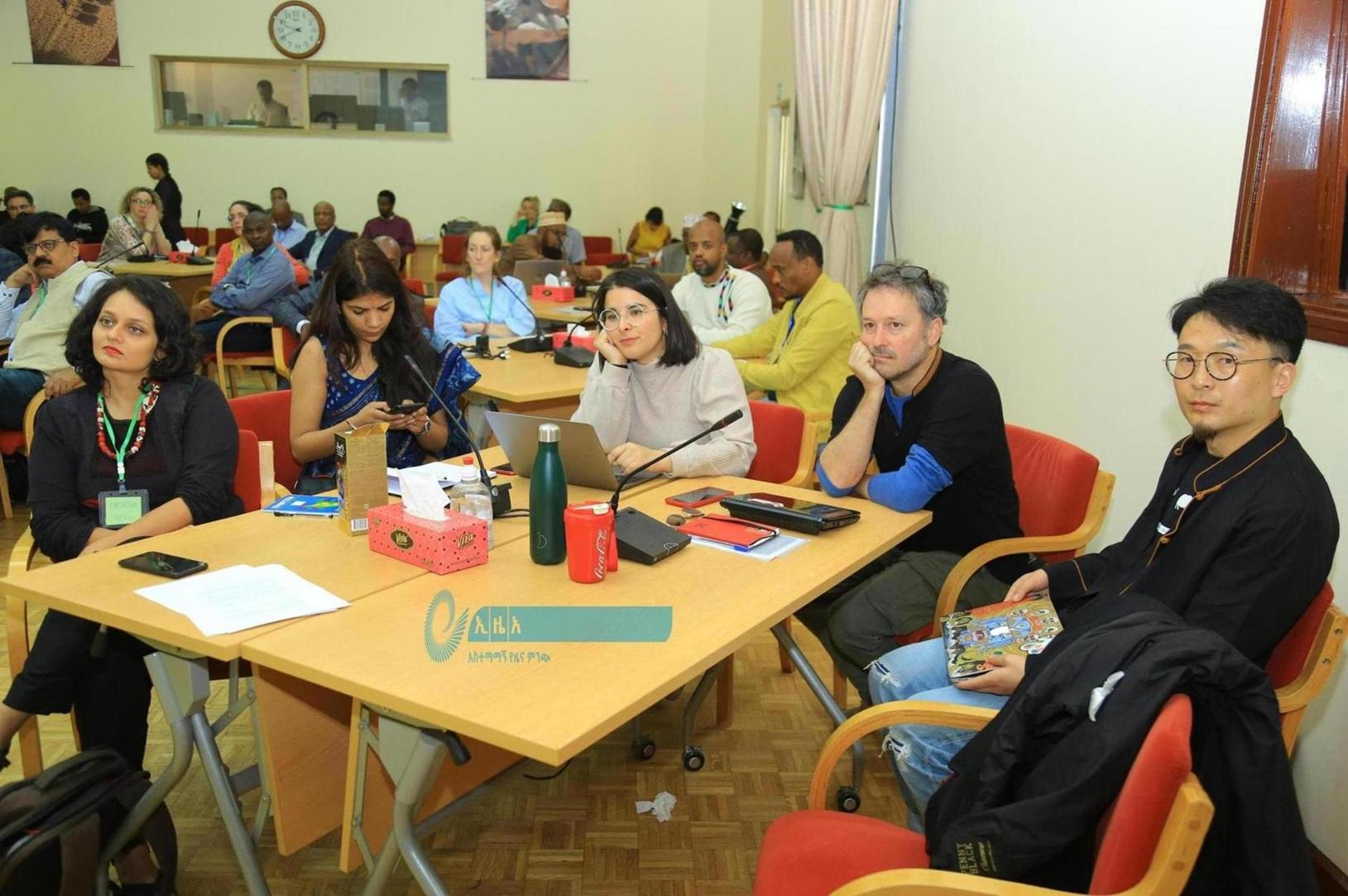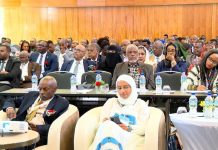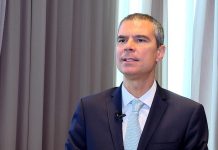
Africa-Press – Ethiopia. Introduction of livestock insurance and letting inter and intra mobility of pastoralist said to be vital to improve the resilience of pastoralist in the face of climate change induced drought, a European research project conducted in collaboration with the International Livestock Research Institute (ILRI) indicated.
PASTRES and ILRI have organized a workshop under the theme ‘Pastoralism, uncertainty, and development policy’.
The workshop highlights a new perspective on extensive livestock systems and explores how development policy can better support pastoralist’s needs and capacities to work under uncertainty.
Speaking on the occasion, PASTRES research expertise in Ethiopia, Kenya and Niger drylands Masresha Taye said some 40 percent of the Ethiopian land is suitable for pastoralism noting that there are currently, some 15 to 20 million Ethiopians are pastoralist.
Introduction of livestock insurance and letting inter and intra mobility of pastoralist said to be vital to improve the resilience of pastoralist in the face of climate change induced drought, a European research project conducted in collaboration with the International Livestock Research Institute (ILRI) indicated.
PASTRES and ILRI have organized a workshop under the theme ‘Pastoralism, uncertainty, and development policy’.
The workshop highlights a new perspective on extensive livestock systems and explores how development policy can better support pastoralist’s needs and capacities to work under uncertainty.
Speaking on the occasion, PASTRES research expertise in Ethiopia, Kenya and Niger drylands Masresha Taye said some 40 percent of the Ethiopian land is suitable for pastoralism noting that there are currently, some 15 to 20 million Ethiopians are pastoralist.Insurance is one of the financial instruments envisaged to protect pastoralists from weather based disasters which is drought in the pastoral system.
Hence, insuring the livelihood of a significant member of this society is very important in the face of climate change induced droughts as livestock insurance are supposed to help pastoralist to respond to risks, he said.
In particular, they are envisaged for poorer and more vulnerable pastoralist who might lose income from extreme weather events like droughts, he elaborated.
Pastoralist, who uses insurance, often integrates it into a wider set of responses to uncertainties, he noted.
Inter and intra mobility of pastoralist is also vital, he said, adding in the past, in the event of drought or dry season, pastoralist often travelled long distances to where there is abundant water and feed.
However, rigid border control makes it difficult for pastoralists to escape dry seasons, he noted.
IGAD is currently working to allow member countries to allow full mobility of pastoralist and their cattle to freely roam in the region, that he said is very important ancient practice that pastoralist community have been using for long, he said.
Improving early warning systems and availing them in languages that pastoralist understand is also key to address information gaps, the he said.
Creating better market mechanism and infrastructure is also very important to allow pastoralist to register their cattle online and easily sell them, the researcher stated.
PASTRES a research programme that aims to learn from pastoralists about responding to uncertainty and resilience, with lessons for global challenges.
For More News And Analysis About Ethiopia Follow Africa-Press





